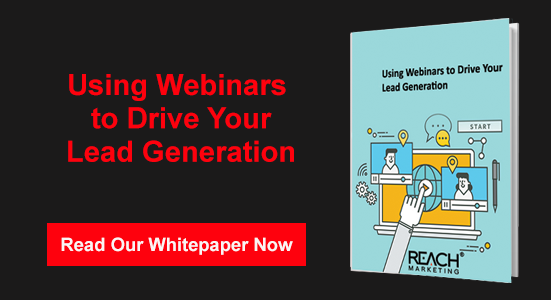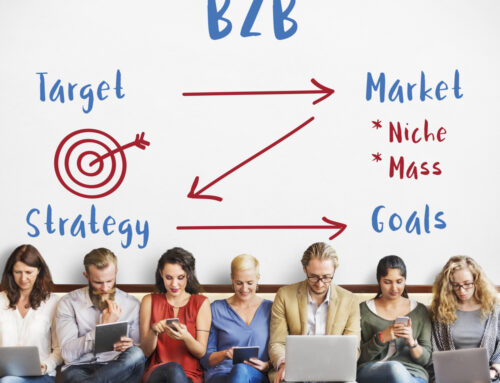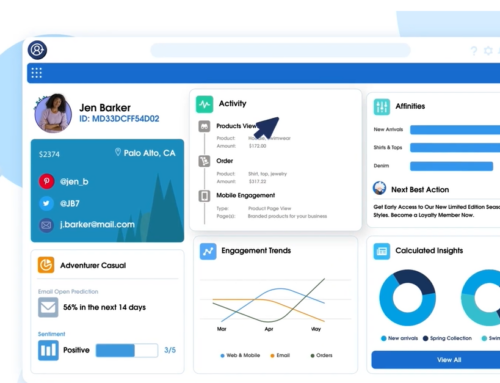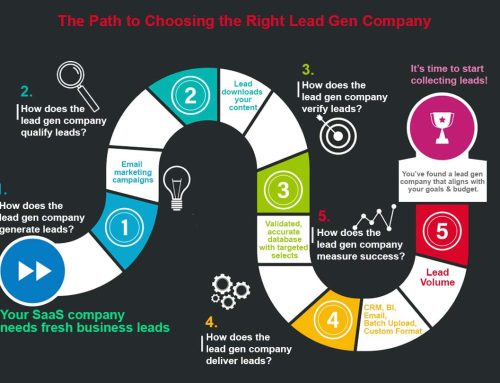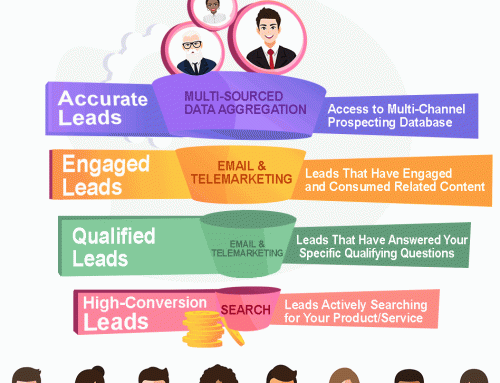In email marketing, you only have a few seconds to capture and hold your leads’ attention. Many of the tactics marketers used in the early days of email are anathema to buyers now, in part because that’s all they were: tactics. Gimmicks such as all-caps messages and clickbait subject lines no longer have an impact; in fact, they can alienate your audience.
Real understanding of your leads doesn’t come from a one-size-fits-all approach but from an analysis of what matters to each individual prospect. That’s where your MARKETING AI® comes in, giving you the data you and your lead gen consultant need to connect with leads. While these psychological principles underlie your email marketing strategy, marketing automation technology makes it possible to customize each for a personalized approach.
Fear of Missing Out
One of the biggest motivators is concern about being left behind or missing out on a significant deal. Emails that make an appeal to this drive often use scarcity and urgency to demonstrate to readers why they need to act if they don’t want to be left out of a valuable opportunity. In a B2B context, the fear of missing out generally applies to getting and maintaining an edge over the competition rather than to a personal sense of urgency, but it can still be a potent motive force.
Reciprocity
To get prospects to respond, volunteer something of value yourself – worthwhile content, free assessments, and apps are excellent starting points. The principle of reciprocity makes us likelier to respond in kind when we’ve gotten something useful. By giving gifts, you create the tacit expectation that you’ll receive something in return, such as contact data or preferential consideration when making buying decisions. Email giveaways are an excellent way of invoking reciprocity, and leads love the word “free.”
Overcoming Analysis Paralysis
It might seem strange, but too much choice can cause leads to stall in their buying journey just as surely as too few options. When presented with an overwhelming number of choices, prospects have a tendency to make no choice at all. The next time you look at the dessert menu at your favorite restaurant, count the number of options; chances are, you’ll see between four and six, which is the sweet spot for dessert choices. Your lead gen strategy should take into account how often you send email and how many offers you make during a campaign. Testing will help you find the “Goldilocks zone” for calls to action, links per email, and other variables.
Social Proof
How do we learn what’s good? Often, we look to other people for cues about what might work well for us. We listen to the opinions of friends, seek advice from colleagues, and read online reviews to discover what others have tested and approved before us. Although social proof is often seen in commercial contexts, it’s a strong motivator for leads in B2B business as well. Case studies and testimonials are vital parts of email campaigns that harness the power of social proof.
You don’t have to see your leads face to face to understand what makes them tick. Email campaigns that have psychology on their side have higher success rates even with new leads.
© Reach Marketing LLC 2017 All Rights Reserved.


